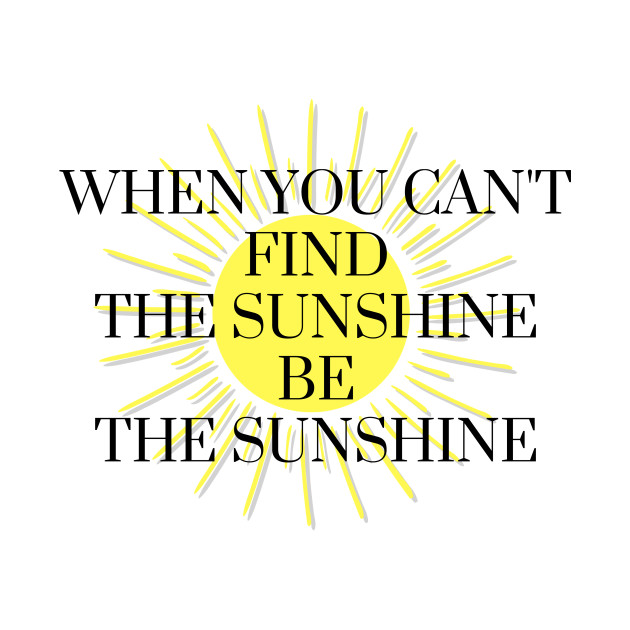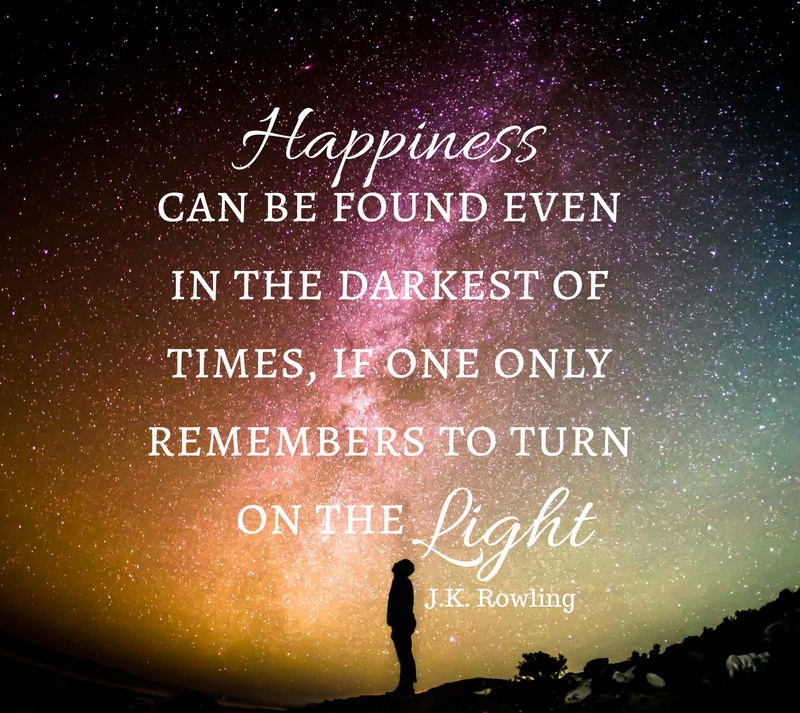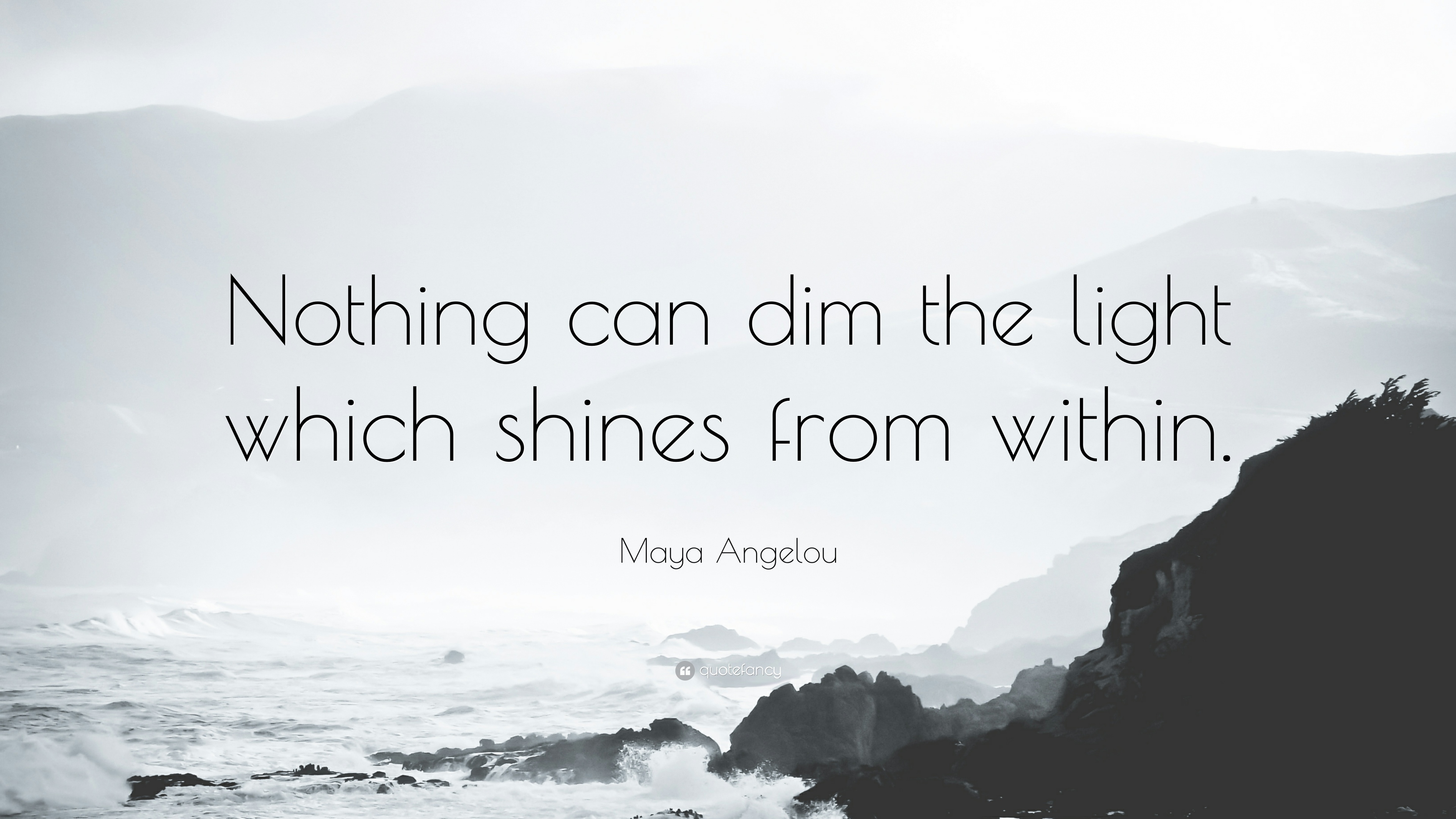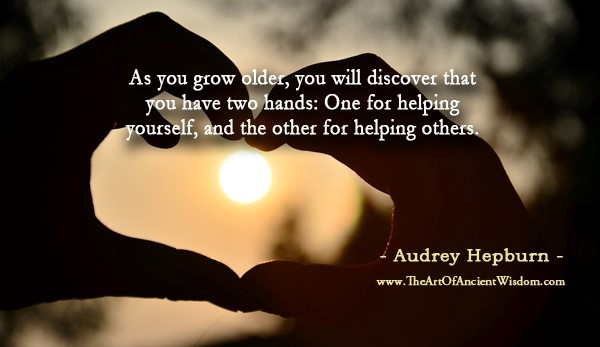
Tips & Tools
Managing your anxiety
Unleashing Your Light

Halloween is over, and with it, so is Daylight Savings.
While we may be currently embracing the extra hour of sleep and bellies full of chocolates, reality will soon set in that our days are getting shorter.
Have you noticed that you are now leaving the house in the dark, only to return, once again, in the dark? Perhaps you have also started noticing a change in your mood or overall state of mind? It is possible that these changes are in fact connected. This is because the change of season and accompanying reduced hours of sunlight, appear to have a significant effect on our mental state.

Consider this: think back to a time in the summer when the sun was shining on your face and there wasn’t a cloud in the sky. How did you feel? Are you smiling just thinking about it? Now compare that feeling to how you feel on a gloomy, rainy day. Are you still smiling?
Seasonal affective disorder (SAD) is a mental health struggle that affects as many as 18% of Canadians, primarily during fall and winter months1. It is characterized by a significant shift in emotional state, often resulting in sadness and despair that lasts more than two weeks2. SAD is also associated with a consistent change in mental state, resulting in reduced levels of interest, increased irritability, lack of concentration; to name a few 1,2.
If your mood seems to be playing a significant role in your day-to-day life (particularly during the fall and winter months), or you believe you have SAD, we strongly encourage you to discuss this with your doctor.
If you find you only have mild changes in your mood (not on a daily basis) during the dark fall days, then we are here to offer some supportive techniques.
IDENTIFY AND ACCEPT THE DARKNESS
“I wish I could show you when you are lonely or in darkness, the astonishing light of your own being.” – Hafiz of Shiraz
You may be questioning this first one. That’s ok. I promise it is likely not what you think. Think of the relationship between light and darkness as the night sky. In order for us to see the stars and to appreciate their beauty, it has to be dark outside. They go hand in hand. Just like us humans. We all, at one point or another, go through periods of darkness. It can be difficult to see past the darkness or know how to navigate through it. Yet eventually, somehow, we do. It may take longer for some than others, but eventually the sun does rise.

The important thing is to recognize its presence. Not to ignore it or pretend it isn’t there. Rather, embrace its presence and try and learn what it represents, what tools you have to help you, or perhaps what tools you need to seek out. Not sure on what techniques to use? Perhaps try yoga, relaxation app, pranayama technique, Tapping Technique (EFT), or many others you can find on our website.
And remember...when the sun has fallen, and the sky has awoken, do you focus solely on the darkness or appreciate the bounty of light that still exists?
VITAMIN D SUPPLEMENTATION
"Advise from a sunflower: be bright, sunny and positive. Spread seeds of happiness. Rise and shine, and hold your head high." - Unknown
In the summer months, many of us are being showered with natural vitamin D every day from the sun. Yet, in the darker months, we often don’t do anything to supplement this loss in sunlight (and vitamin D).
It is recommended that Canadians maintain vitamin D levels of at least 50 nmol/L, with 100 nmol/L recommended as the ideal level for maintenance of overall health. Yet, according to Statistics Canada, 38% of Canadians are below the recommended vitamin D level of 50 nmol/L, and 93% of Canadians falling below the optimal levels of 100 nmol/L for best overall health.

These are important statistics, as many studies have suggested there is a link between low vitamin D levels and depression and anxiety4,5,6 (among other health concerns).
The best way to measure your vitamin D levels, is to get your blood serum levels checked by a doctor. Speak to your doctor about having your vitamin D levels checked. Once you know where your levels fall, they can then recommend the appropriate vitamin D supplementation for you.
FINDING YOUR INNER LIGHT
"You have to find what sparks a light in you so that you, in your own way, can illuminate the world." - Oprah Winfrey
It is important in moments of darkness, to also recognize that the light we wish to find is within us all, even when it seems impossible to find.

Taking the time to check in with yourself, your beliefs, desires, and goals can play a profound role on your inner spirit. When you find what makes you the happiest, and you make it a priority to act on these desires, you create your own light.
Think of it as not waiting for the light to find you, but rather set out and find it yourself. You may just notice that by shining within, you exude light to others.
HELP OTHERS, HELP YOURSELF
“As we work to create light for others, we naturally light our own way.” - Mary Anne Radmacher
On the topic of others, it is a magical thing what sharing the light with others can do for yourself. Not only do you receive the satisfaction and warmth knowing you are lending a helping hand, but the energy and light you bring to others, shines back on you.

It’s a win-win situation.
This does not need to be some grand gesture (although it certainly can be). Try one small thing a day, like holding the door open for someone, helping a peer with their homework or studying, or buying a coffee for the person behind you. You may be surprised how big an impact this gesture may have on that person’s day or mood.
SEIZE ANY NATURAL LIGHT AVAILABLE
"If you look for the light you can often find it. But if you look for the dark, that is all you'll ever see." - Iroh
While the amount of natural daylight is dwindling during these colder months, this does not mean you cannot seize any sunlight that is available. Sadly, many people dread the colder temperatures and ultimately lock themselves inside. Yet, when these temperatures last at least 6 months of the year, does this really seem like the most effective way to approach life?

By dreading half the months of the year, not only do you create more anxiety and sadness in your life, you ultimately create missed opportunities. Missed opportunities for joy, perspective, appreciation and enjoyment. Instead of always hiding inside, why not try a new winter activity? Let us help you find ways to reconnect with mother nature, despite the cooler temperatures.
Or, on those truly miserable days, strive to find joy through other means. Perhaps this could be done through releasing the sun's energy into your home through natural beeswax candles. Beyond cleansing our air of impurities, the bright flame of beeswax candles produce the same beautiful light spectrum as the sun. Or, why not find some sunflowers - real or fake - and display them in your home. If neither of these suggestions interests you, read our article on how to be grateful even for the little things, such as family, friends, health, or even our breath.
Need more information? Check out these resources:
- https://cmha.bc.ca/documents/seasonal-affective-disorder-2/
- https://www.camh.ca/en/health-info/mental-illness-and-addiction-index/seasonal-affective-disorder
- Rohan, K et al., (2004) Cognitive-behavioral therapy, light therapy, and their combination in treating seasonal affective disorder. Journal of Affective Disorders, 80(2),273-283
- Armstrong, D. J, et al., (2007) Vitamin D deficiency is associated with anxiety and depression in fibromyalgia. Clinical Rheumatology, 26(4), 551-554
- Shipowick, C. D, et al., (2009). Vitamin D and depressive symptoms in women during the winter: A pilot study. Applied Nursing Research, 22(3), 221-225
- Anglin, R, et al., (2013). Vitamin D deficiency and depression in adults: Systematic review and meta-analysis. British Journal of Psychiatry, 202(2), 100-10
- All
-
29 Nutrition
Nutrition
- 73 Mindfulness and Relaxation
- 27 Student Life
- 8 Exercise
- 51 Treatments & Therapies
- Anxiety Resources

Don't see what you're looking for? Send us an email!
©Copyright 2024 Cam’s Kids powered by Kids Help Phone
Not-for-Profit Organization. B/N: 921508-5
Thanks for visiting Cam's Kids. Please remember...
Cam's Kids is not a service provider.
If you are in crisis, please call 911 or go to your nearest emergency department. For free, confidential counselling, contact Good2Talk or Kids Help Phone.
Post-secondary students: find your local crisis resource here.

